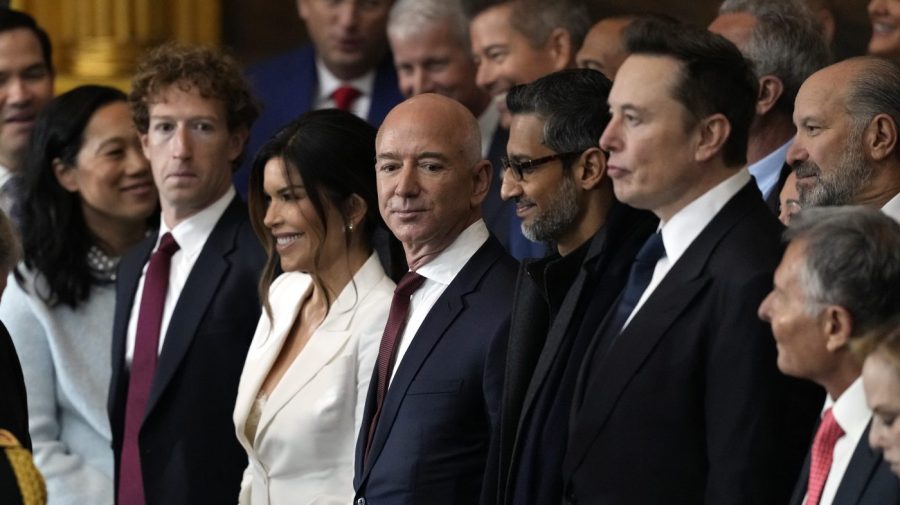Most Americans say taxing the rich is best way to reduce federal debt: Gallup

Raising income taxes for wealthy Americans is the most popular way of reducing the federal debt, according to the latest Gallup poll.
The survey, conducted in September, asks Americans whether they support a range of methods aimed at reducing the federal debt, which has ballooned in recent years to more than $37 trillion.
Only two proposals receive a majority support of U.S. adults: 63 percent back “increasing income tax rates for upper-income Americans,” and 54 percent support “increasing tax revenues by making major changes to the current federal tax code.”
Among those who favor increasing taxes on the rich are 86 percent of Democrats, 62 percent of independents and 38 percent of Republicans.
The parties are less polarized on making changes to the tax code, which is favored by 64 percent of Democrats, 54 percent of independents and 46 percent of Republicans.
Most of the other proposals receive support from under half of U.S. adults but from a majority of Republicans.
Forty-nine percent support “making significant changes to Medicaid and food assistance programs to reduce their cost,” including 75 percent of Republicans, 50 percent of independents and 22 percent of Democrats.
But when asked the same question about Social Security and Medicare programs, only 39 percent of adults overall — including 56 percent of Republicans, 42 percent of independents and 18 percent of Democrats — support making changes to reduce their cost.
Only 41 percent of Americans support imposing tariffs as a way to increase tax revenue to reduce the federal debt — a core feature of President Trump’s economic policy — while a staggering 89 percent of Republicans support the method, as well as 35 percent of independents but only 5 percent of Democrats.
Forty-eight percent support “cutting spending for programs other than defense, Social Security and Medicare,” including 72 percent of Republicans, 47 percent of independents and 26 percent of Democrats — while “cutting defense spending” is supported by 42 percent of U.S. adults, including 63 percent of Democrats, 45 percent of independents and 13 percent of Republicans.
The survey was conducted Sept. 2-16 and included 1,000 respondents. Its margin of error is plus or minus 4 percentage points.